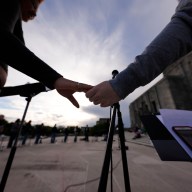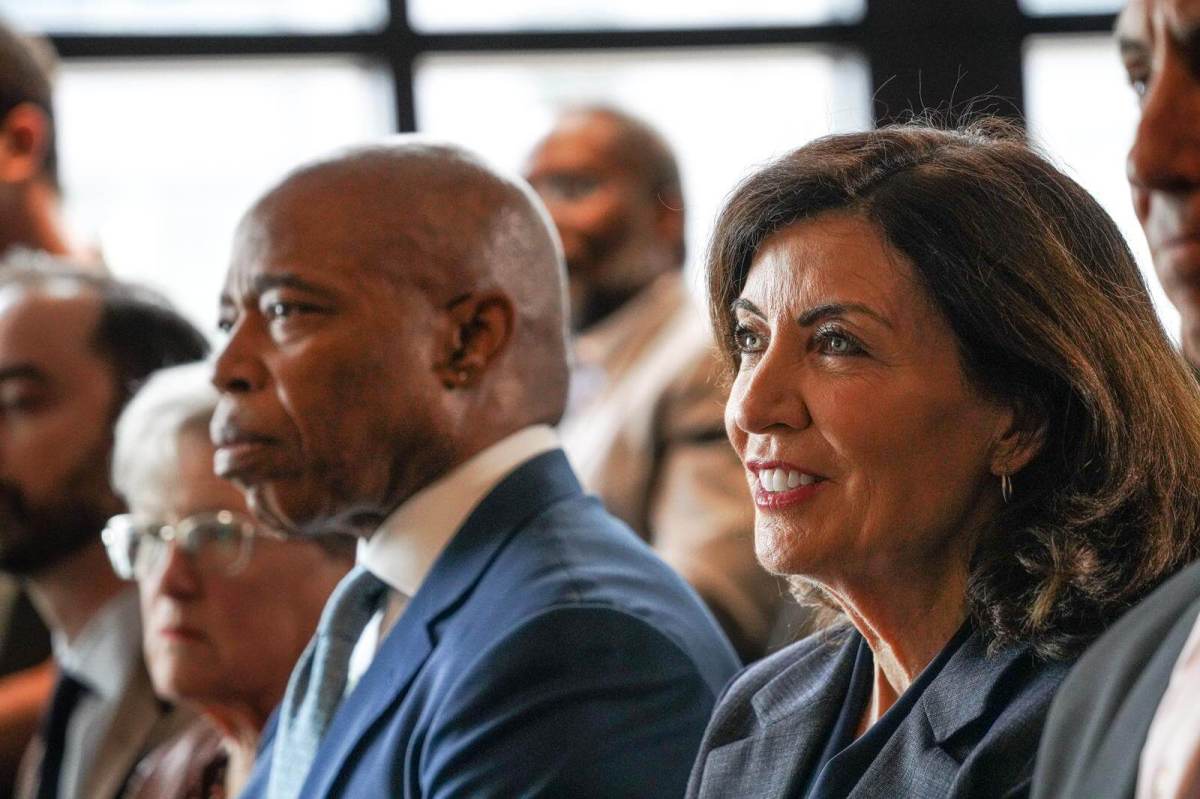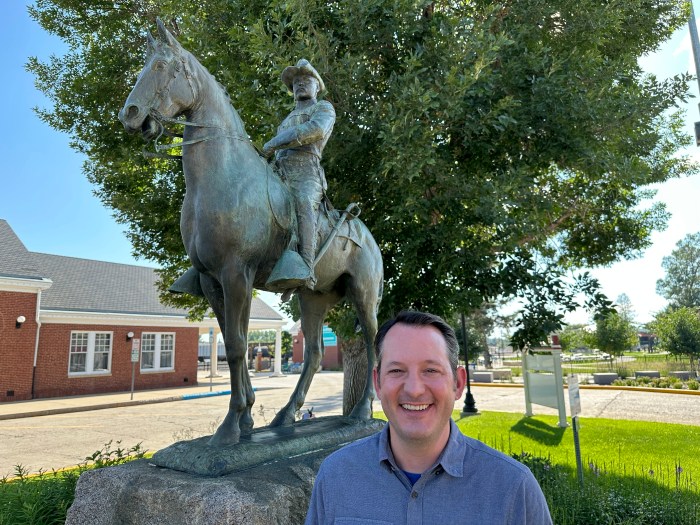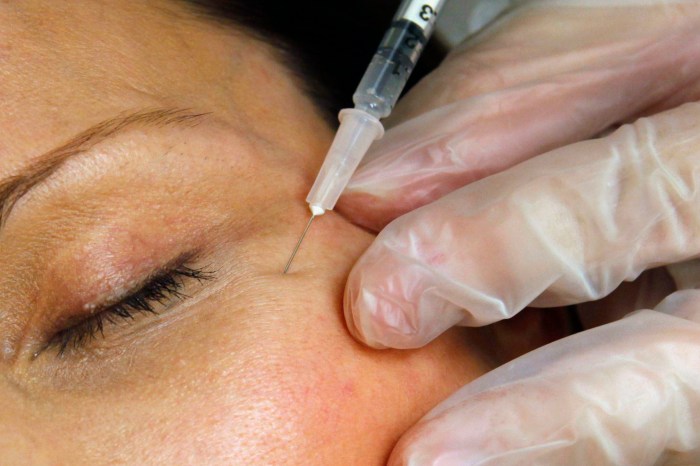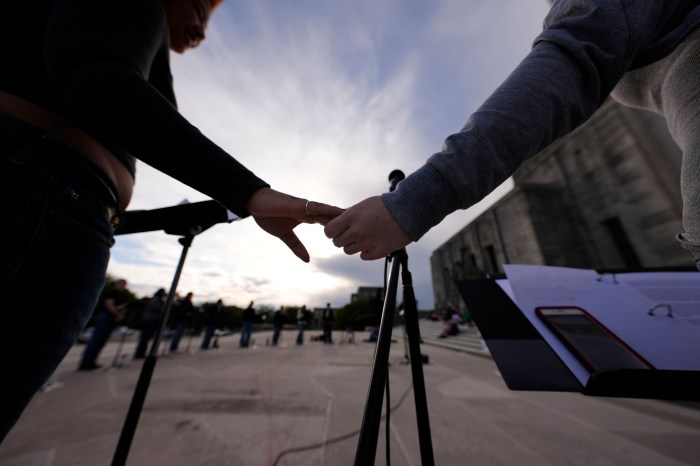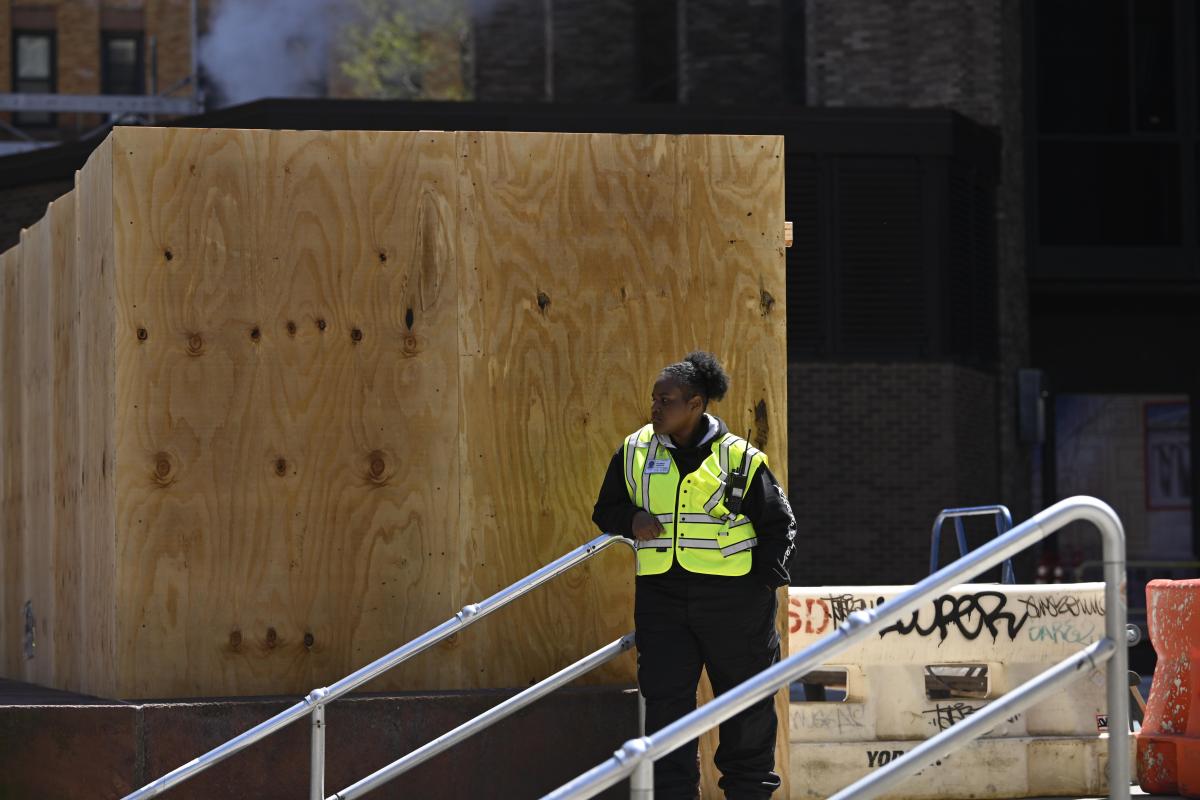Back in the early ’90s, Ina Andre and Joan Clayton drove around town
in their hatchback cars, picking up donations of new unsold clothing
from retailers and manufacturers to give to people in need.
“We
started on my dining room table, on her dining room table, in my
basement, and a little in hers,” said Andre, noting that she hit upon
the idea after seeing clothing displays being turned around for the
change of seasons in a department store. “And I said, ‘I wonder what
happens to all the seasonal clothes that are not being used.”‘
The
organization they founded, called Windfall, has grown by leaps and
bounds, and now has an enormous warehouse serving 90 agencies,
including homeless shelters, shelters for abused women, reception
centres for new immigrants and job training programs.
Last year, it processed 265,000 pieces of donated new clothing worth an estimated $10 million.
And now, as the ranks of the unemployed grow due to layoffs in various sectors of the economy, the need is greater than ever.
The
women, who had previously launched the food redistribution system
Second Harvest, are both in their late 70s now, but Windfall executive
director Helen Harakas says they still come around to help sometimes.
“They
weren’t being paid a penny – this is something that they believed so
strongly in and they wanted to make a difference in their community,”
she said.
The pair were described as “real life heroines” as they
were honoured Tuesday with one of five awards from Harlequin
Enterprises Ltd. A $10,000 donation will go to Windfall, and the
organization has become part of the setting for a story by Stephanie
Bond in the new anthology “More Than Words, Volume 5.”
“Through
Windfall, and Second Harvest before it, Joan and Ina have demonstrated
true compassion for those who need it most,” said Donna Hayes,
publisher and CEO of Harlequin.
The other winners are based in
the United States, and include women who have advocated on behalf of
people with eating disorders and allergies, battered women and children
in hospital.
For her part, Andre was mostly grateful that
Windfall was getting some attention and will “have the $10,000 so it
can do a better job.”
When they launched, they didn’t get much
ink, she said, and some people didn’t understand the idea of providing
new clothes when a lot of second-hand clothes were available.
“And
I think we always knew, because we had seen women in shelters, women
who were going out for a job … all of us love to have new clothes. I
always say that – there is a special feeling about putting something on
which is just yours, not somebody else’s first.”
“We are always looking for the idea of self-esteem and dignity.”
Andre
said it’s been more difficult to get men’s clothing, “and now that
there’s so little manufacturing here, one of the toughest things to get
is underwear.”
Harakas said they often hear back from those who have benefited.
“We’ve had several men walk in wearing a suit and saying, ‘I had this suit and you gave it to me, and I got the job.”‘
Mothers who telephone are also grateful, especially for snowsuits, hats and mittens.
“Of
all of the things that we do, the idea that there’s children in Toronto
that are freezing in the winter is extremely unacceptable to us,” said
Harakas.
“So we do have a push, especially right now, to continue
to grow our children’s programs – children’s clothing and snowsuits and
boots are hard to get. There’s just not much out there available.”
In addition, they’ve started supplying backpacks and school supplies.
“We have 12,000 kids needing this, and we’ve only been able to do about 1,500,” she lamented.
Harakas said agency staff are reporting more people coming for help since the economic downturn.
“The
other difference that we’re seeing is there is more stuff being donated
to us because manufacturers and retailers are not able to sell as much
because the economy is slower.”
Andre said one of her most
exciting days with Windfall was when a shoe company delivered two
tractor-trailer loads of running shoes that had “small things wrong
with them.”
They called agencies around the city, including those in the disadvantaged neighbourhood of Regent Park, to “come and get it.”
“That
was extraordinary – can you imagine, a kid in Regent Park who’s
probably never had a new pair of shoes would get maybe two or three
pairs of shoes.”







